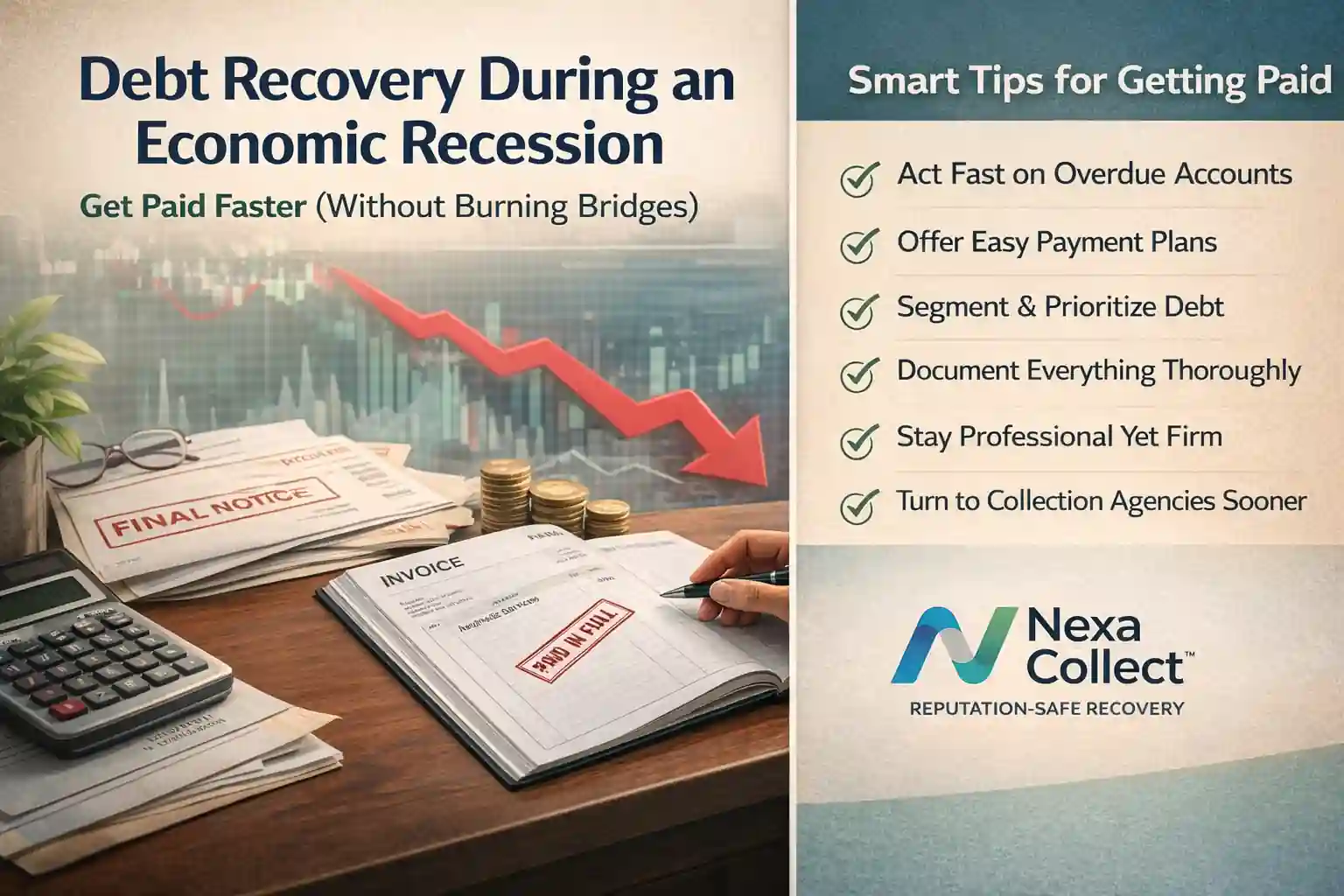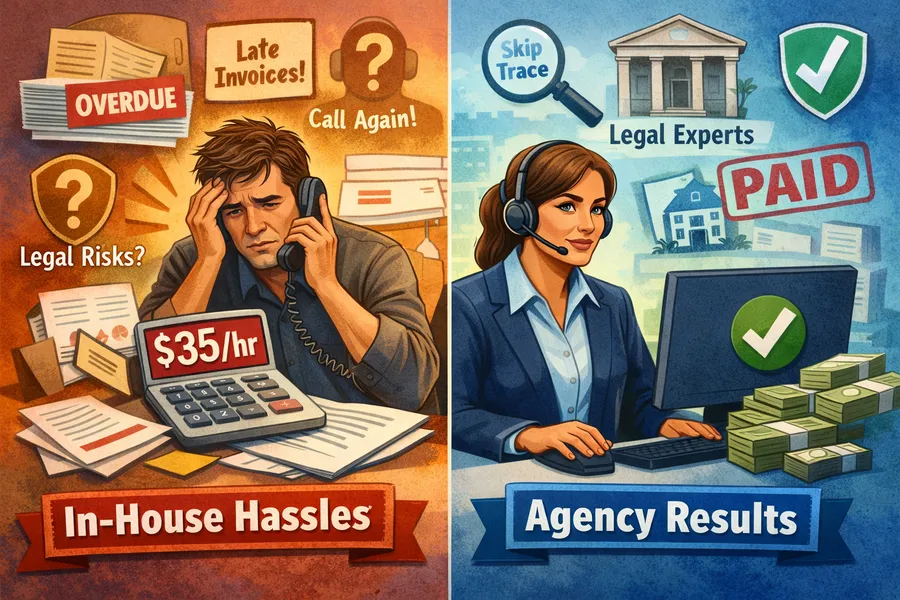Business and medical professionals seeking to hire a collection agency always wonder if the agency they hire is ethical or if it may damage their reputation.
Here are some valuable tips on how collection agencies can maintain a good reputation online and offline.
- Following Federal and State laws: A collection agency that violates government laws will get sued or penalized sooner or later. This violation can be all over the news, and this incident will remain in electronic news outlets for years.
- Google Ratings: Checking Google ratings are the #1 place for almost everyone when shortlisting a collection agency. Asking your happy customers or satisfied debtors can improve your online reputation by many folds.
- Amicable collections: Using harsh, abusive, unfair, or deceptive practices to collect debts from your debtors can severely damage your reputation.
- BBB Rating: Although millennials may not care much about Better Business Bureau ratings, this is often quite important to people over 55. People in this group can be real decision-makers.
- Scholarships: Giving college scholarships, sponsoring a community event, and donating a small percentage of profit for a social cause, then publishing those events on your blog or press release can work wonders for your collection agency’s reputation.
- References: Positive references from existing customers and publishing them on your website can be very effective. Businesses may not believe what you tell them, but positive reviews from their peers are very impactful.
- Good recovery rates: Last but not least, if you recover more money for your customers, they will likely refer your service to their friends, who may also be looking to hire a debt collector.
- Be vocal about your compliance: Compliances like GLBA, PCI, HIPAA, and affiliations like ACA are essential to comfort potential clients.



